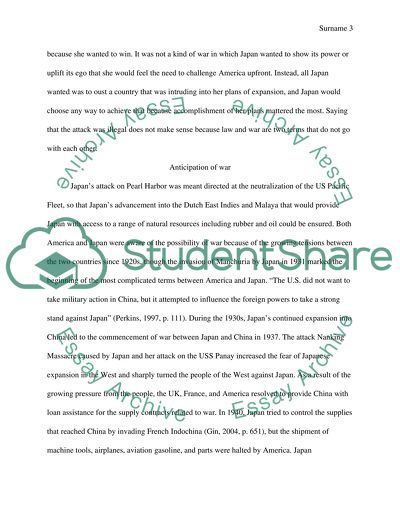Cite this document
(“Issues Surrounding the Japanese Attack on Pearl Harbor Research Paper”, n.d.)
Retrieved from https://studentshare.org/history/1476155-wwii
Retrieved from https://studentshare.org/history/1476155-wwii
(Issues Surrounding the Japanese Attack on Pearl Harbor Research Paper)
https://studentshare.org/history/1476155-wwii.
https://studentshare.org/history/1476155-wwii.
“Issues Surrounding the Japanese Attack on Pearl Harbor Research Paper”, n.d. https://studentshare.org/history/1476155-wwii.


